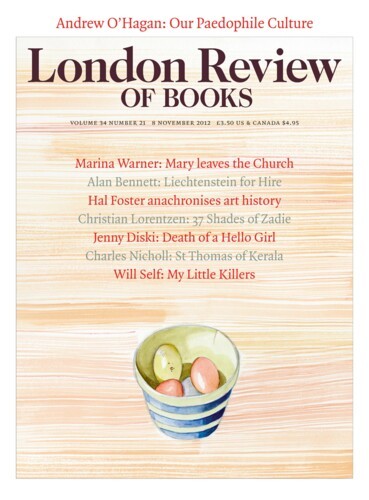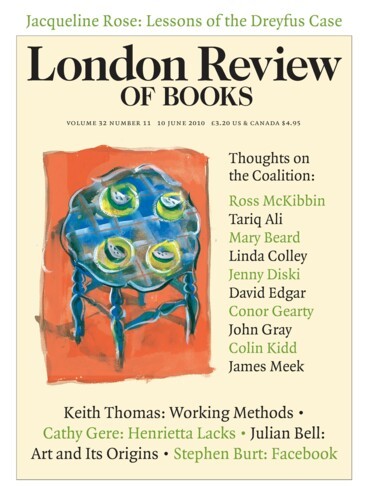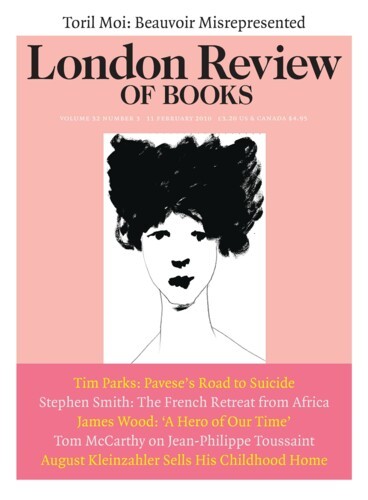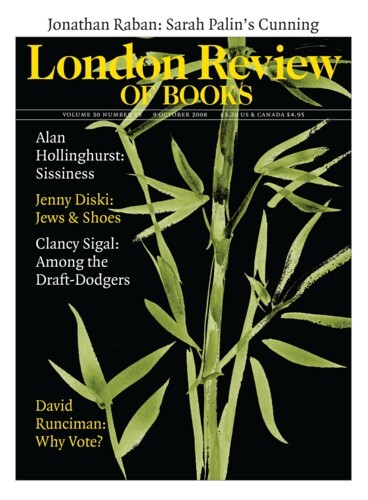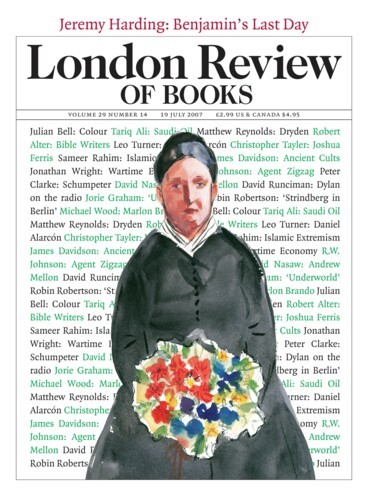Der Jazz des Linguas: Diego Marani
Matthew Reynolds, 8 November 2012
Diego Marani works in the Directorate-General for Interpretation at the European Commission, and he writes fiction full of ideas prompted by his day job. New Finnish Grammar, translated last year, is heavy with fear at what it might be like to lose language altogether. The hero is discovered in Trieste in 1943, with no words, memory or identity. He is thought (mistakenly) to be a Finn called...
